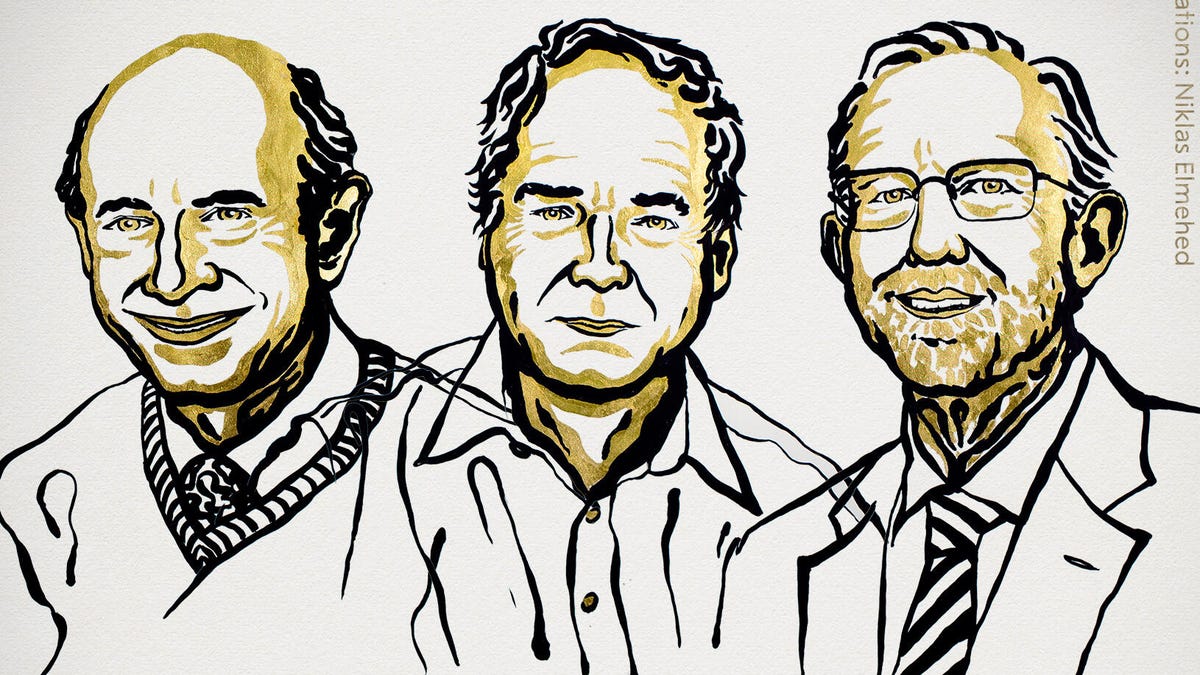Nobel Prize in medicine goes to scientists for discovery of hepatitis C virus
Harvey Alter, Michael Houghton and Charles Rice win the Nobel Prize in Physiology or Medicine.

The 2020 Nobel Prize in Physiology or Medicine was awarded Monday to three scientists -- Harvey Alter, Michael Houghton and Charles Rice -- for their contributions to the discovery of the hepatitis C virus. Their work helped identify the virus, which can cause cirrhosis and liver cancer, and helped lead to life-saving blood tests and treatments, said the Nobel Committee.
"For the first time in history, the Hepatitis C virus can now be cured," reads a tweet from the Nobel Prize account on Monday. "The 2020 Medicine Laureates' discoveries revealed the cause of the remaining cases of chronic hepatitis and made possible blood tests and new medicines that have saved millions of lives."
For the first time in history, the Hepatitis C virus can now be cured. The 2020 Medicine Laureates’ discoveries revealed the cause of the remaining cases of chronic hepatitis and made possible blood tests and new medicines that have saved millions of lives.#NobelPrize pic.twitter.com/hqJK1uWX3u
— The Nobel Prize (@NobelPrize) October 5, 2020
The scientists' work built on each other's research to point the way to the discovery of hepatitis C. Alter, who was at the US National Institutes of Health, studied the occurrence of hepatitis in patients who had received blood transfusions, and he demonstrated that an unknown virus was a common cause of chronic hepatitis. While working for the pharmaceutical firm Chiron, Houghton used new techniques to isolate the genome of the virus, which then was named hepatitis C. Rice, a researcher at Washington University in St. Louis, provided the final proof that the hepatitis C virus alone could cause the unexplained cases of hepatitis.
The discovery of the hepatitis C virus is a "landmark achievement in the ongoing battle against viral diseases," said the Nobel Committee on Monday. The work of Alter, Houghton and Rice has improved global health by "essentially eliminated post-transfusion hepatitis in many parts of the world," the committee said, and it also led to the development of sensitive blood tests and antiviral drugs to help treat hepatitis C.

